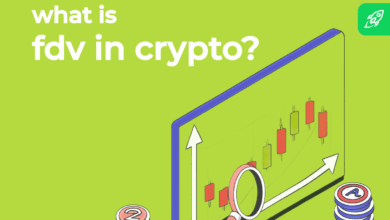What is a WEB3 Wallet

beginner
A web3 wallet is a crucial component of the decentralized web, or web3, that enables users to interact with blockchain technology and manage their digital assets. In this article, we’ll explore the ins and outs of web3 wallets, including their various types, features, and supported altcoins. Let’s dive in!
What is Web3? What are Web3 Wallets?
Web3, short for web 3.0, is the next generation of the internet. This decentralized web emphasizes user privacy, data ownership, and the democratization of digital resources. Web3 introduces a trustless, peer-to-peer infrastructure powered by blockchain technology, making interactions more secure and transparent.

A core component of web3 is the ability to manage and store digital assets. This is where web3 wallets come into play. They are tools that enable users to store, send, and receive cryptocurrencies, interact with decentralized applications (dApps), and engage with blockchain networks.
In order to use web3 apps, all one needs is a digital wallet address – you will never have to enter any personal information.
Types of Web3 Wallets
Web3 wallets can be categorized into two main types: hardware wallets and hot wallets. Let’s take a closer look at each type.
Hardware Wallets
Hardware wallets are physical devices designed to securely store digital assets. These non-custodial wallets are considered to be one of the safest options for managing cryptocurrencies because they are offline and immune to online threats. Examples of popular hardware wallets include the Ledger Nano S, Trezor One, and KeepKey.
Pros:
- High level of security
- Immune to online attacks
- Supports a wide range of cryptocurrencies
Cons:
- Can be expensive
- Not as convenient for frequent transactions
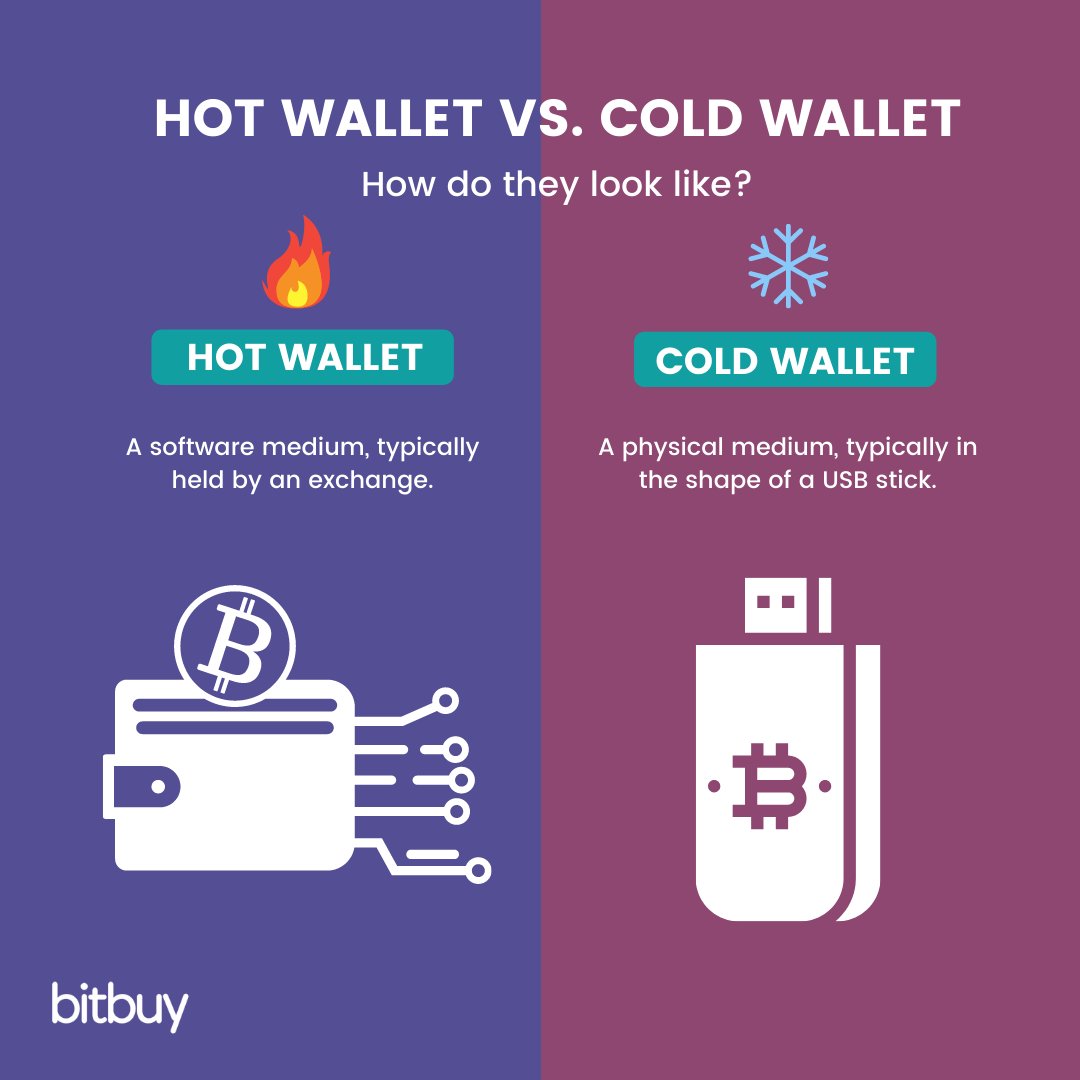
Hot Wallets
Hot wallets, on the other hand, are software-based wallets that store digital assets on internet-connected devices. They include mobile wallets, desktop wallets, and web wallets. While hot wallets typically offer a better user experience and more accessibility, they are more susceptible to security risks due to their online nature.
Pros:
- Convenient and easy to use
- Supports a variety of cryptocurrencies
- Ideal for frequent transactions
Cons:
- Less secure than hardware wallets
- Vulnerable to online threats
In 2021, the Trust Wallet app was compromised, leading to the loss of over $1 million worth of digital assets. This incident highlights the importance of choosing a secure digital wallet for your digital assets.
Top 8 Web3 Wallets
Here are eight of the best web3 wallets in no particular order. All of them offer a combination of security, functionality, and ease of use. We’ll take a more in-depth look at each of these web3 wallets to help you make an informed decision.
MetaMask
MetaMask is a popular browser extension and mobile web3 wallet that supports Ethereum-based tokens and dApps. Available for Chrome, Firefox, and Brave browsers, it enables users to manage multiple accounts, sign transactions, and interact with smart contracts seamlessly. MetaMask wallet can also be configured to work with Binance Smart Chain and other Ethereum-compatible networks.
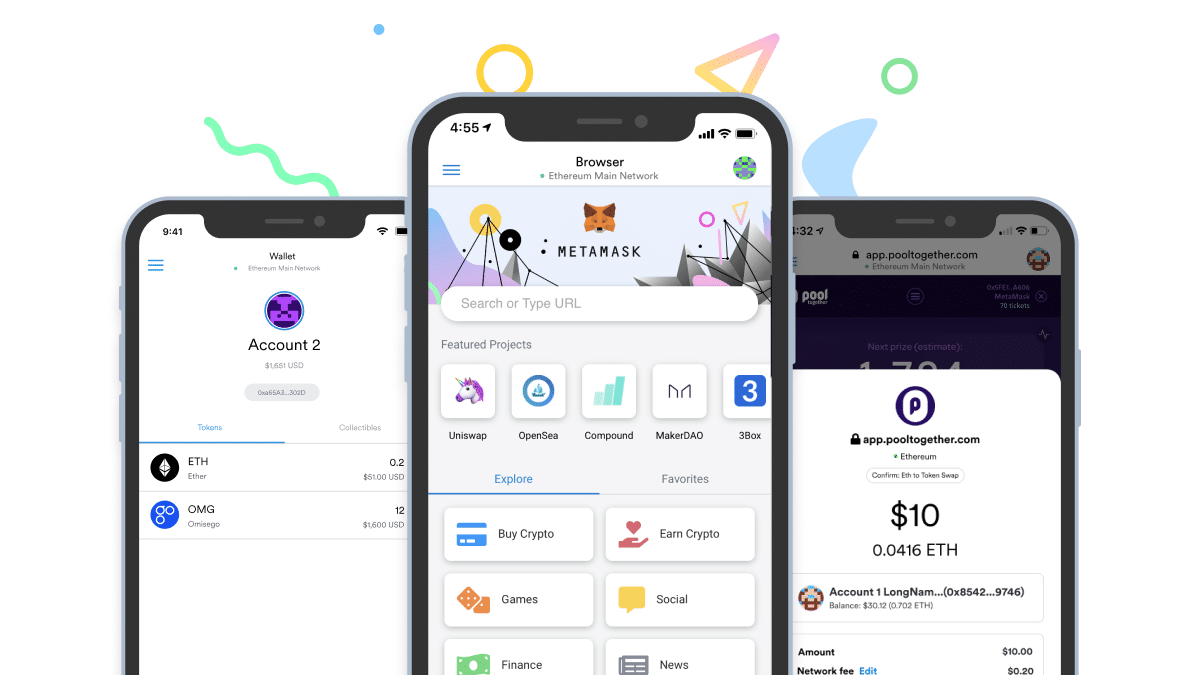
One of MetaMask’s standout features is its user-friendly interface, making it accessible for both beginners and experienced users. The wallet also offers a secure key vault, which encrypts your private keys locally on your device. Additionally, MetaMask integrates with hardware wallets like Ledger and Trezor, providing an added layer of security.
Trust Wallet
Trust Wallet is a mobile web3 wallet available for both iOS and Android devices. Designed for simplicity and security, it supports a wide range of cryptocurrencies, including Ethereum, Binance Smart Chain, and over 160,000 ERC-20 and BEP-20 tokens. This software wallet also features a built-in web3 browser, allowing users to access dApps directly from the app.
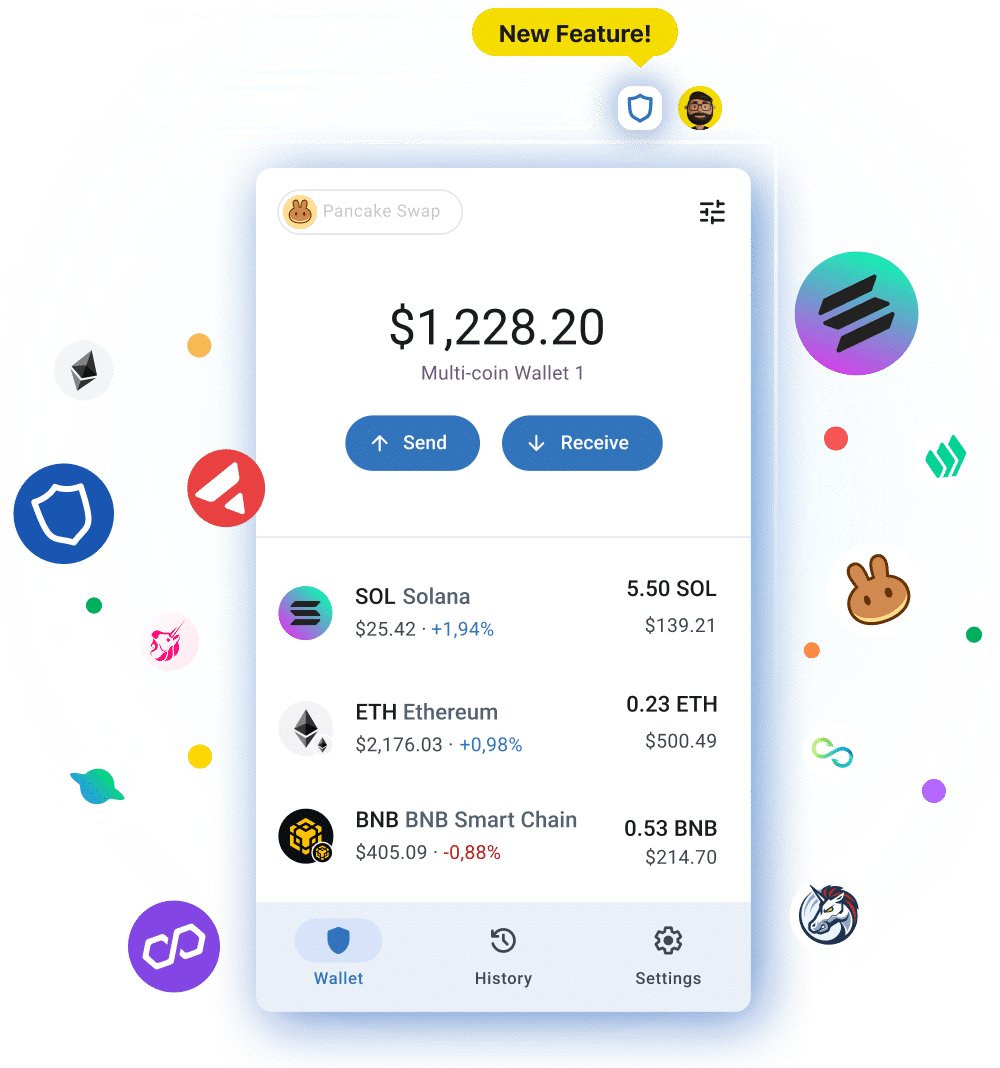
Trust Wallet offers several security features, such as biometric authentication, a backup facility for easy recovery, and encryption of private keys on your device. This web3 wallet also supports staking, enabling users to earn passive income on their holdings. Furthermore, Trust provides its users with a DEX (decentralized exchange) aggregator, which allows users to trade tokens directly from the app without the need for a centralized exchange.
Ledger Nano S
The Ledger Nano S is a hardware wallet designed for optimal security. As a cold storage solution, it stores your private keys offline, keeping them safe from various threats. The wallet supports over 1,000 cryptocurrencies, including Ethereum, Binance Coin, and various ERC-20 tokens.
Ledger Nano S features a built-in OLED display, allowing users to verify and confirm transactions physically. The device requires a PIN code, providing an extra layer of security in case of theft or loss. Additionally, the wallet supports integration with software wallets like MetaMask and MyEtherWallet for enhanced functionality. It is widely considered to be one of the best cold wallets on the market.
Trezor One
Trezor One is another leading hardware wallet, offering robust security for your digital assets. Like the Ledger Nano S, it stores your private keys offline, protecting them from online attacks. The Trezor One cold wallet supports over 1,000 cryptocurrencies, including Ethereum, Bitcoin, Litecoin, and a wide variety of ERC-20 tokens.
The device features a monochrome OLED display for transaction verification and a user-friendly interface. Trezor One is also compatible with several software wallets, such as MetaMask and MyEtherWallet, enabling users to manage their assets and interact with dApps. Additionally, the wallet provides advanced security features like passphrase protection and encrypted PIN entry.
MyEtherWallet (MEW)

MyEtherWallet, often abbreviated as MEW, is a free, open-source, client-side wallet that supports Ethereum and ERC-20 tokens. MEW offers a web-based interface, allowing users to create new wallets, import existing wallets, and manage their digital assets. The wallet also supports integration with hardware wallets like Ledger and Trezor for added security.
MEW enables users to interact with smart contracts and access decentralized exchanges like Kyber Network and Changelly. Moreover, the wallet offers support for Ethereum Name Service (ENS), allowing users to send transactions to .eth addresses instead of long hexadecimal addresses.
Atomic Wallet
Atomic Wallet is a multi-currency mobile and desktop wallet that supports over 300 cryptocurrencies, including Ethereum, Binance Coin, Bitcoin, and a wide range of ERC-20 and BEP-20 tokens. Available for Windows, macOS, Linux, iOS, and Android, Atomic Wallet provides a user-friendly interface and robust security features.
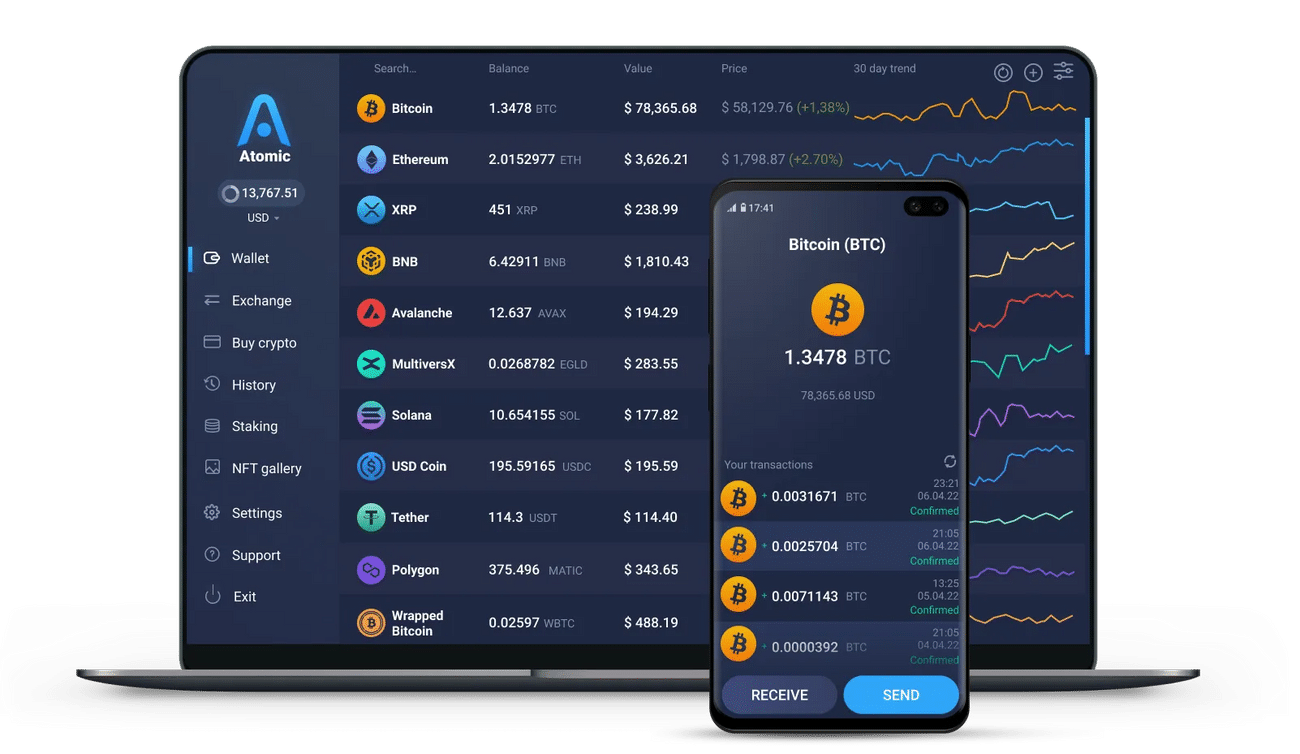
One notable aspect of Atomic Wallet is its built-in atomic swap feature, which allows users to exchange cryptocurrencies directly within the wallet without the need for a centralized exchange. This feature supports cross-chain trading, enabling swaps between different blockchain networks. Additionally, Atomic Wallet supports staking for various cryptocurrencies, allowing users to earn passive income on their holdings.
Atomic Wallet encrypts your private keys on your device, ensuring that only you have access to your funds. The wallet also offers a 12-word mnemonic seed phrase for secure backup and recovery. Furthermore, it provides additional features such as a built-in cryptocurrency explorer, price charts, and notifications for balance updates and transaction confirmations.
Argent Wallet
Argent Wallet is a multi-asset mobile wallet available for iOS and Android devices that focuses on Ethereum and ERC-20 tokens. Argent stands out for its innovative security features and user-friendly design, making it an excellent option for both beginners and experienced users.
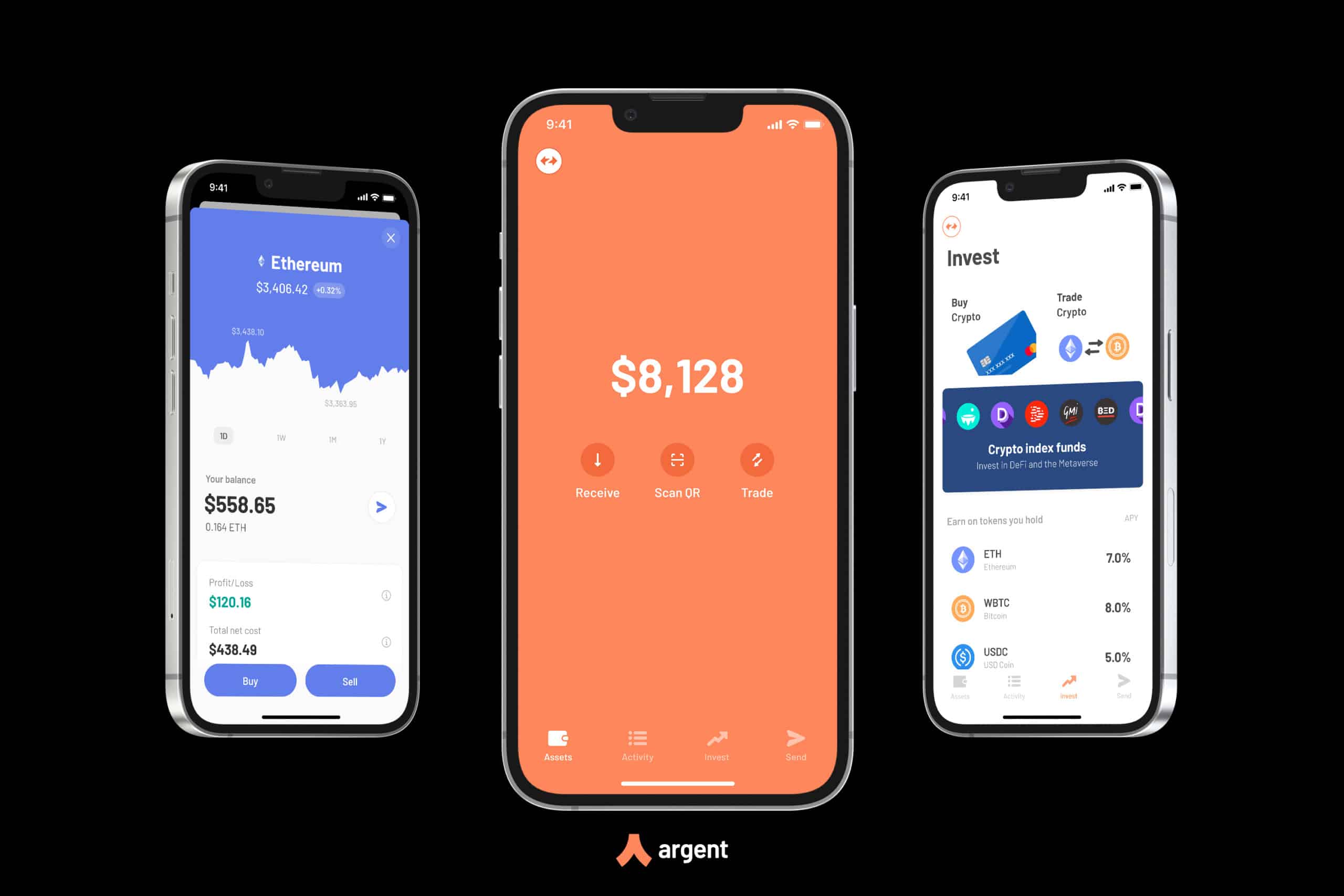
Argent uses smart contract-based security features, such as daily transfer limits, wallet locking, and trusted contacts, to protect your assets. This web3 wallet also offers a unique feature called “Guardians,” which allows you to designate trusted individuals or devices to help you recover your wallet in case of loss or theft. This approach eliminates the need for a traditional seed phrase backup while maintaining a high level of security.
In addition to its security features, Argent Wallet provides seamless access to popular decentralized finance (DeFi) applications, such as Aave, Compound, and Uniswap. This integration allows users to lend, borrow, and trade assets directly from the wallet, without having to navigate multiple platforms and makes it one of the most popular crypto wallets.
Exodus Wallet
Exodus is a versatile self-custody wallet that supports over 100 cryptocurrencies, including Ethereum, Binance Coin, Bitcoin, and various ERC-20 and BEP-20 tokens. Available for Windows, macOS, Linux, iOS, and Android, The Exodus web3 wallet offers a seamless user experience, allowing users to manage and receive digital assets with ease.
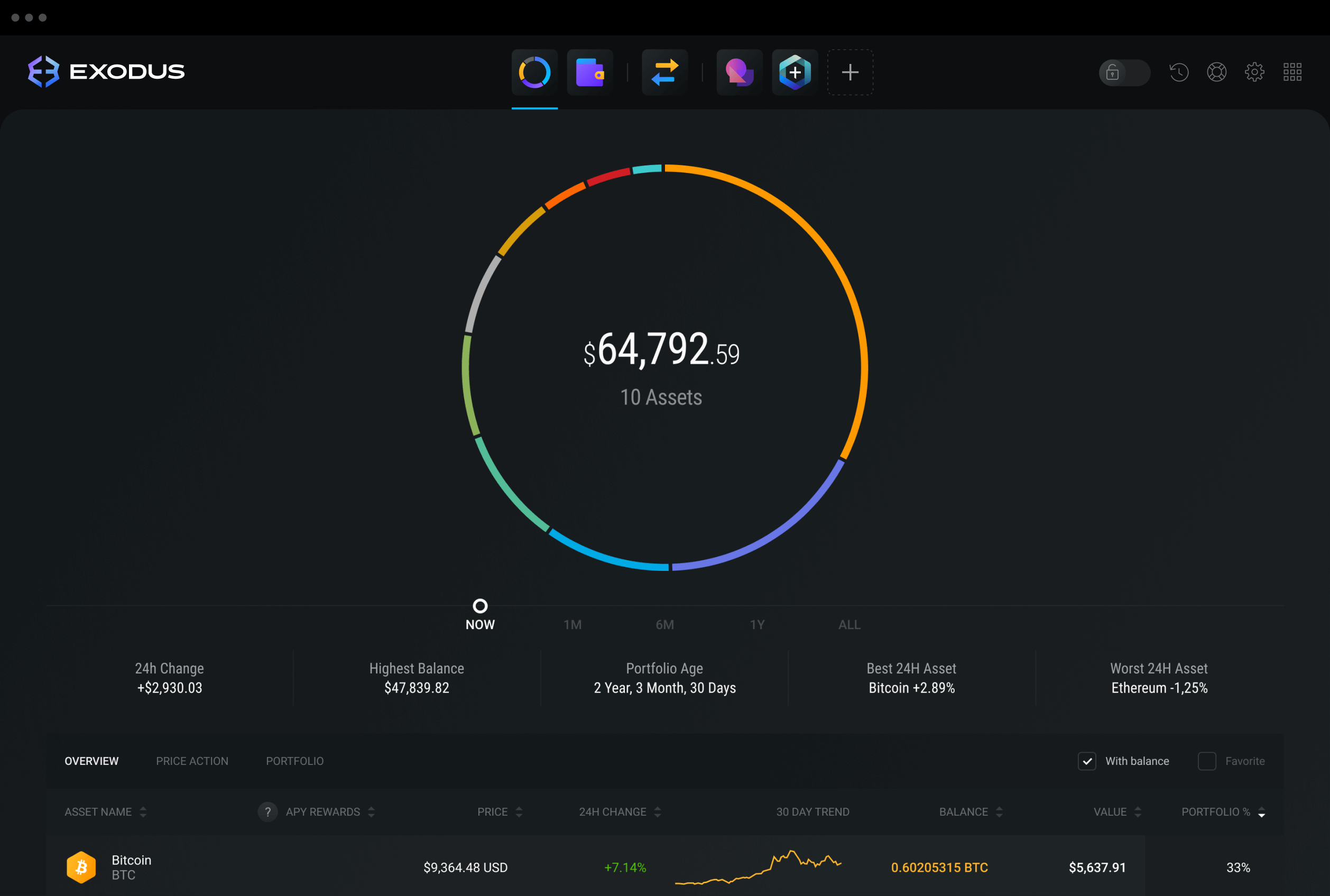
Exodus Wallet features an intuitive interface, making it simple for users to view their portfolio, track asset prices, and perform transactions. The wallet also offers a built-in exchange feature, allowing users to swap cryptocurrencies directly within the app, without the need for a centralized exchange.
Exodus encrypts your private keys locally on your device, ensuring that only you have access to your crypto assets. This web3 wallet provides a 12-word mnemonic seed phrase for secure backup and recovery. Furthermore, Exodus offers additional features such as customizable themes, live charts, and 24/7 customer support.
Are Web3 Crypto Projects Worth Investing In?
Investing in web3 crypto projects can be a potentially lucrative endeavor, but it is essential to understand the risks and benefits associated with these investments.
Benefits
- Innovation. Web3 projects are on the cutting edge of technology, often introducing groundbreaking solutions to real-world problems. Investing in these projects can provide exposure to disruptive innovations in industries such as finance, supply chain, gaming, and social media.
- Potential for High Returns. Early investors in successful web3 projects can potentially reap significant returns. For example, Ethereum, a prominent web3 project, has grown exponentially since its launch in 2015.
- Diversification. Investing in web3 crypto projects can help diversify your investment portfolio, reducing the overall risk.
Risks
- Volatility. Cryptocurrency markets, including web3 projects, are known for their price volatility. This can lead to substantial short-term gains or losses, making it essential for investors to have a solid risk management strategy in place.
- Regulatory Uncertainty. The regulatory landscape for cryptocurrencies is continuously evolving. Future regulatory changes could have a substantial impact on the value and viability of web3 crypto projects.
- Project Failure. As with any investment, there is a risk that a project may fail to deliver on its promises or become obsolete due to competition or technological advancements.
Considering both the benefits and risks, it is crucial for investors to conduct thorough research and assess their risk tolerance before investing in web3 crypto projects.
Final Thoughts
To sum up, web3 wallets play an essential role in managing and securing digital assets in the decentralized ecosystem. When choosing a wallet, consider factors such as security, functionality, ease of use, and compatibility with the cryptocurrencies and networks you plan to interact with. Always remember to prioritize the safety of your digital assets and conduct thorough research before making any investment decisions.
FAQ
Does Coinbase wallet support the Binance Smart Chain?
Coinbase, one of the most popular cryptocurrency exchanges, primarily focuses on the Ethereum network and ERC-20 tokens. As of September 2021, the Coinbase wallet does not support Binance Smart Chain (BSC) or its native BEP-20 tokens. Users who wish to interact with BSC must use a compatible wallet, such as Trust Wallet or MetaMask, configured to work with the Binance Smart Chain.
What is the safest crypto wallet?
The most secure crypto wallet ultimately depends on individual preferences and requirements. Hardware wallets are widely regarded as the most secure option due to their offline nature. However, they may not be suitable for everyone, particularly those who need to make frequent transactions or use dApps. Recently, however, many cold wallets have been partnering with or creating their own mobile or desktopPaper wallets, similarly, are considered to be very safe.
Hot wallets, such as desktop wallets and mobile wallets, are more convenient for daily use, but they come with additional security risks. When choosing a hot wallet, look for features like two-factor authentication (2FA), strong encryption, and a reputable development team.
There are also two more types of wallets: custodial and non-custodial. The former means that someone other than yourself (typically, an entity like a centralized exchange) holds the private keys to your crypto assets, while the latter represents wallets that give you full control over your private key.
What web3 wallet is the easiest to use?
When it comes to web3 wallets that are easy to use, there are quite a few options. MetaMask, Rainbow Wallet, and Exodus are all good options. Additionally, although they aren’t as safe, mobile and online wallets tend to provide users with a smooth and fluent experience when interacting with web3 apps like a dApp browser.

